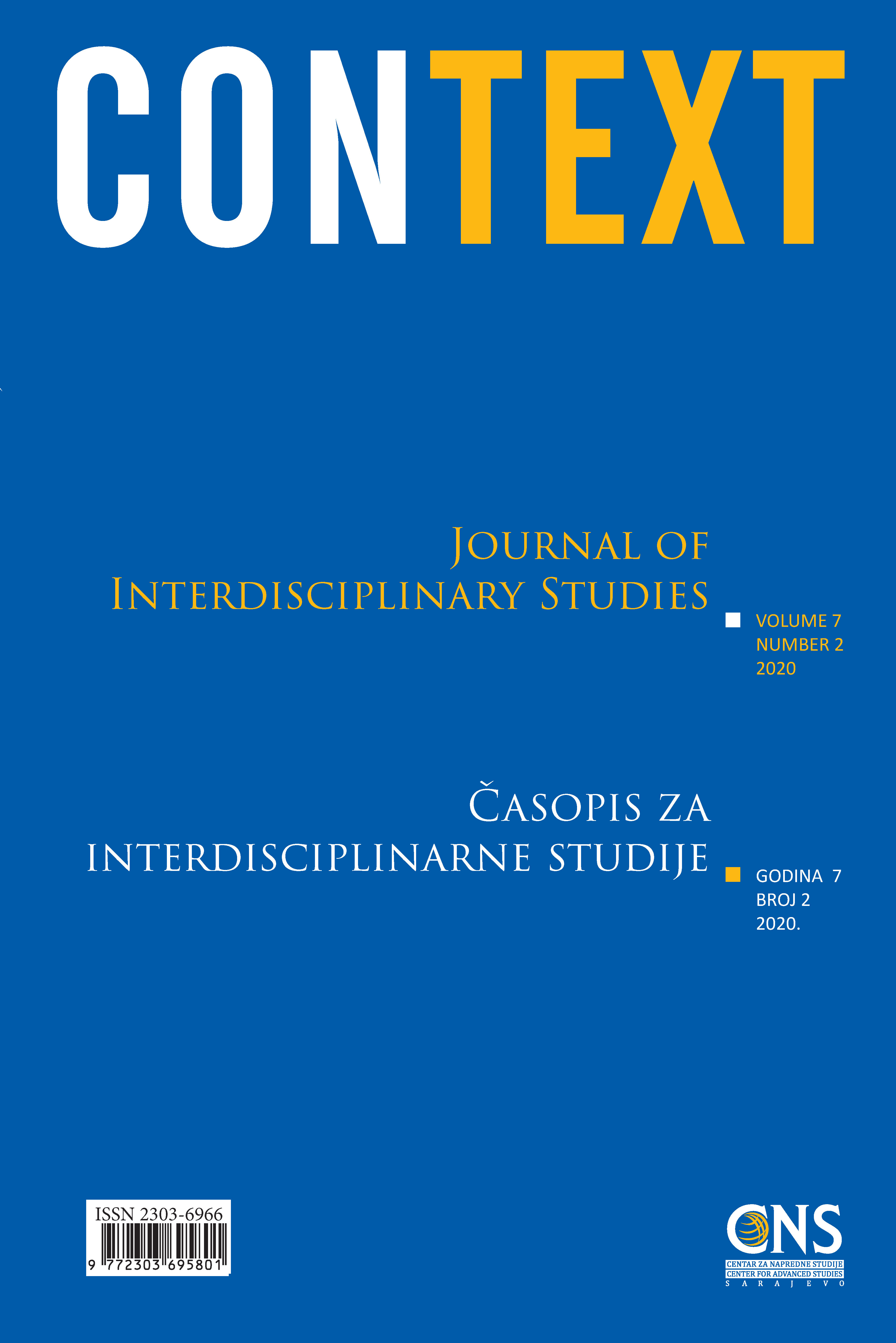Šejh Google kao Hafiz el-asr: internet, tradicionalna ulema i samoučenje
Shaykh Google as Ḥāfiẓ al-ʿAṣr: The Internet, Traditional ʿUlamā’, and Self Learning
Author(s): Emad HamdehSubject(s): Philosophy, Communication studies, Theology and Religion, Islam studies, Religion and science , ICT Information and Communications Technologies, Sociology of Religion
Published by: Centar za napredne studije
Keywords: Internet; Google; traditional Ulama; Learning; Self Learning;
Summary/Abstract: More than any other period, the last hundred years have witnessed a rise in the accessibility of information through books, media, and the internet. This introduced new ways of learning and sharing Islamic knowledge. In this article, I consider how traditional Islamic knowledge and pedagogical techniques are challenged by the growing number of lay Muslims participating in religious discussions through print and the internet. I explain why the ʿulamā’ perceive self-learning as a threat not only to the ostensibly proper understanding of religion but also to the redefinition and reinvention of their authority. I observe how print and digital media caused a shift away from the necessity of the teacher and facilitated autodidactic learning and claims to authority. Despite their criticism of self-learning, Traditionalists have embraced the internet in order to remain relevant and to compete with non-experts.
Journal: Context: časopis za interdisciplinarne studije
- Issue Year: 7/2020
- Issue No: 2
- Page Range: 83-111
- Page Count: 29
- Language: Bosnian

